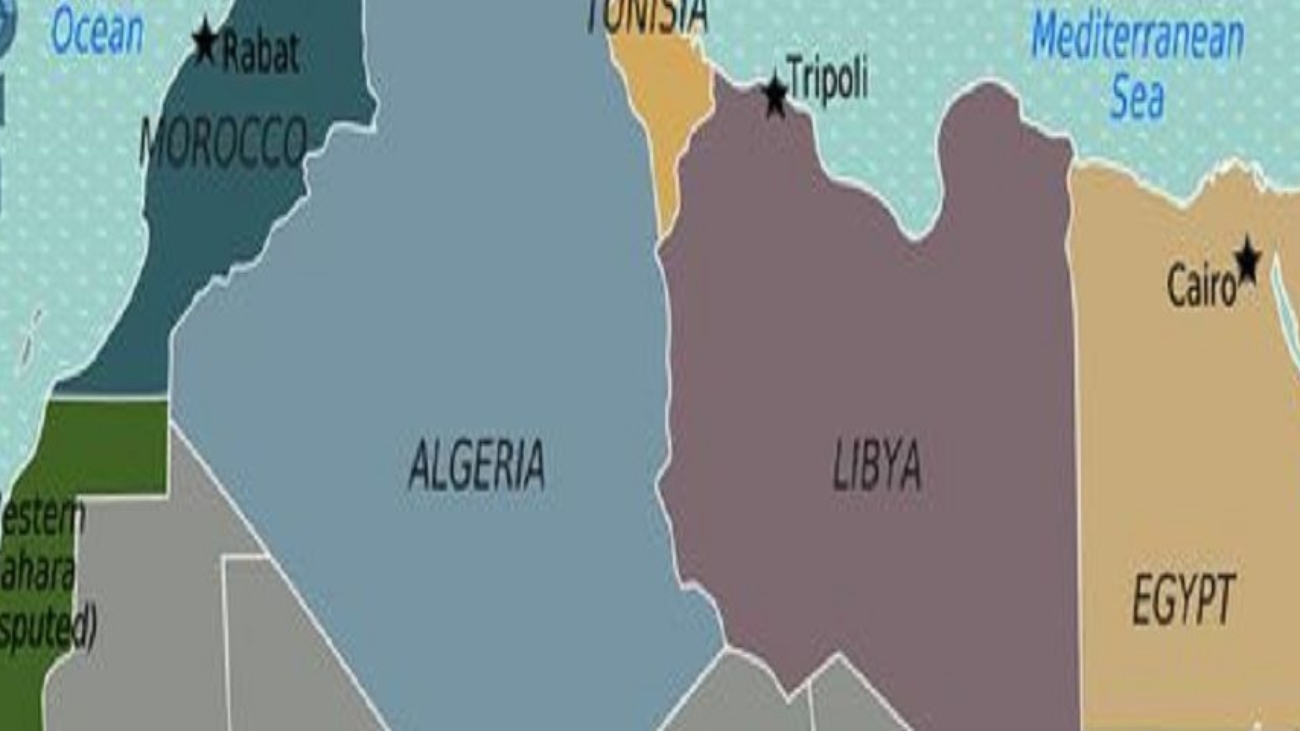The Americans’ withdrawal will almost certainly foster a level of disorder likely to pull the United States back in later and at a greater cost.
This piece was originally published on the U.S. Institute of Peace website usip.org
Curbing US involvement abroad was a signal campaign promise of the new US administration. Anything that smacked of nation-building drew the sharpest criticism. The appeal to many voters of such disengagement is understandable and the view is woven into an evolving foreign policy.
The problem is that the Americans’ withdrawal will almost certainly foster a level of disorder likely to pull the United States back in later and at a greater cost, damaging American interests that can only be advanced by peace and stability.
Nowhere is that more clearly the case than in North Africa. From Egypt to Morocco, the region’s countries are struggling with terrorism, radicalisation, socioeconomic stagnation, ineffective governance and corruption.
Obviously, building the resilience of those societies must be an indigenous effort first and foremost but the role of the United States is indispensable in supporting local, regional and international efforts to break existing and prospective cycles of violence. Even where local actors are most effective in driving changes that deter extremism, they generally lack the capacity to do so without international support, the cornerstone of which comes from the United States.
Libya’s collapse illustrates how an internal violent conflict can affect regional and international security.
As multiple militias and factions vie for power in the absence of a working central government, a safe haven opened for terrorists fleeing Iraq and Syria, who join extremist groups in Libya. Although the Islamic State (ISIS) was largely suppressed by recent military action, this diverse array of militants is establishing a pattern of operations that seems designed to expand their activities beyond Libya’s borders, posing a threat to US interests and counterterrorism efforts in Africa.
The lack of a focused US investment in Libyan politics, which predates the new administration, encourages Russia to bolster its existing diplomatic and military presence — and later, no doubt, an economic one. Just as Syria has provided a gateway for Russia’s return to the Middle East, Libya may open the way to North Africa. Last, but not least, the military conflict in Libya will add to uncertainty in energy markets for the foreseeable future.
More uncertainty could arise from developments in Egypt, the primary supplier of natural gas to American ally Jordan, and Algeria, the world’s 18th largest oil producer. Both are on the verge of a metastatic instability. A laissez-faire policy towards the two countries will help precipitate their descent into communal violence. Expanding radicalisation, economic hardship and the divisive policies of authoritarian leaders are causing irreversible damage, fuelling grudges and deepening vertical social fractures.
This offers a golden opportunity to ISIS and other extremists. The conditions are in some ways similar to Iraq in 2014 when grievances of many ordinary Iraqis bred the perception of ISIS as a valid alternative to a repressive government. Most Iraqis, of course, regretted tolerating ISIS but it was too late. The world is acknowledging the high price of ignoring early warnings persistently conveyed by many experts, agencies and civil society organisations in 2012-14.
Tunisia has taken a more positive and constructive path than its North African peers. Certainly, the country faces colossal political, economic and social challenges that feed the scourge of home-grown and transnational terrorism. However, Tunisia’s unique example in the Middle East and North Africa of an indigenous national dialogue diffusing a political crisis, as occurred in 2013, presents a model for how locally owned conflict-management mechanisms contribute to peace and security.
Likewise, Tunisia’s combined secular-Islamist government and parliament demonstrates the success of inclusive political settlements, a relevant lesson to countries in North Africa and beyond on how to manage political, religious or ethnic diversity. Consistent and generous support for Tunisia’s ailing economy is crucial to the country in maintaining its political direction and its efforts to counter violent extremism.
In a country where 1.4 million of the 3 million citizens under 25 years of age are out of school and work, it is little wonder that thousands of young people have joined extremist groups. Radicalisation is a social disease with multiple roots. It will take US leadership of an international effort to support Tunisian strategies to cure it. The challenge posed by North Africa’s instability and extremism leaves the United States with only one sound policy option to protect its interests: Increased, determined and steady political and economic support. The alternative is watching the region slip into chaos that may be impossible to reverse no matter what resources the Americans bring to bear.

